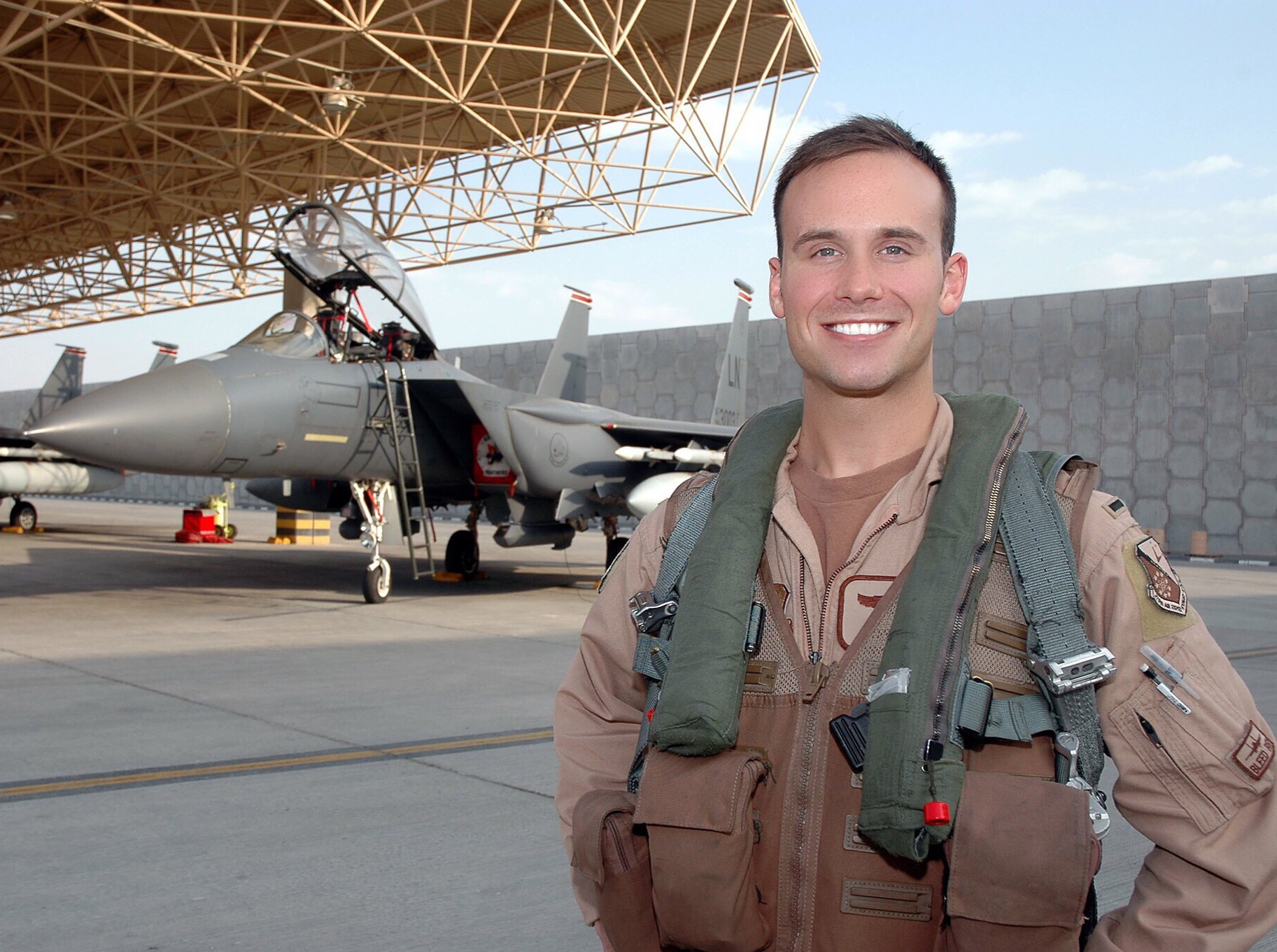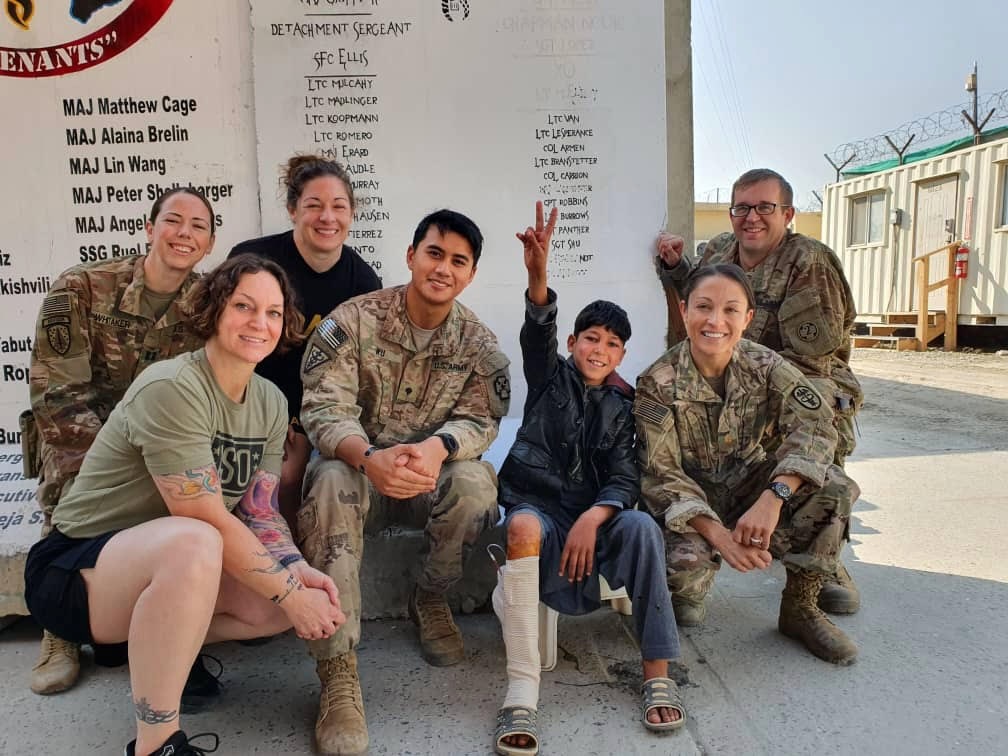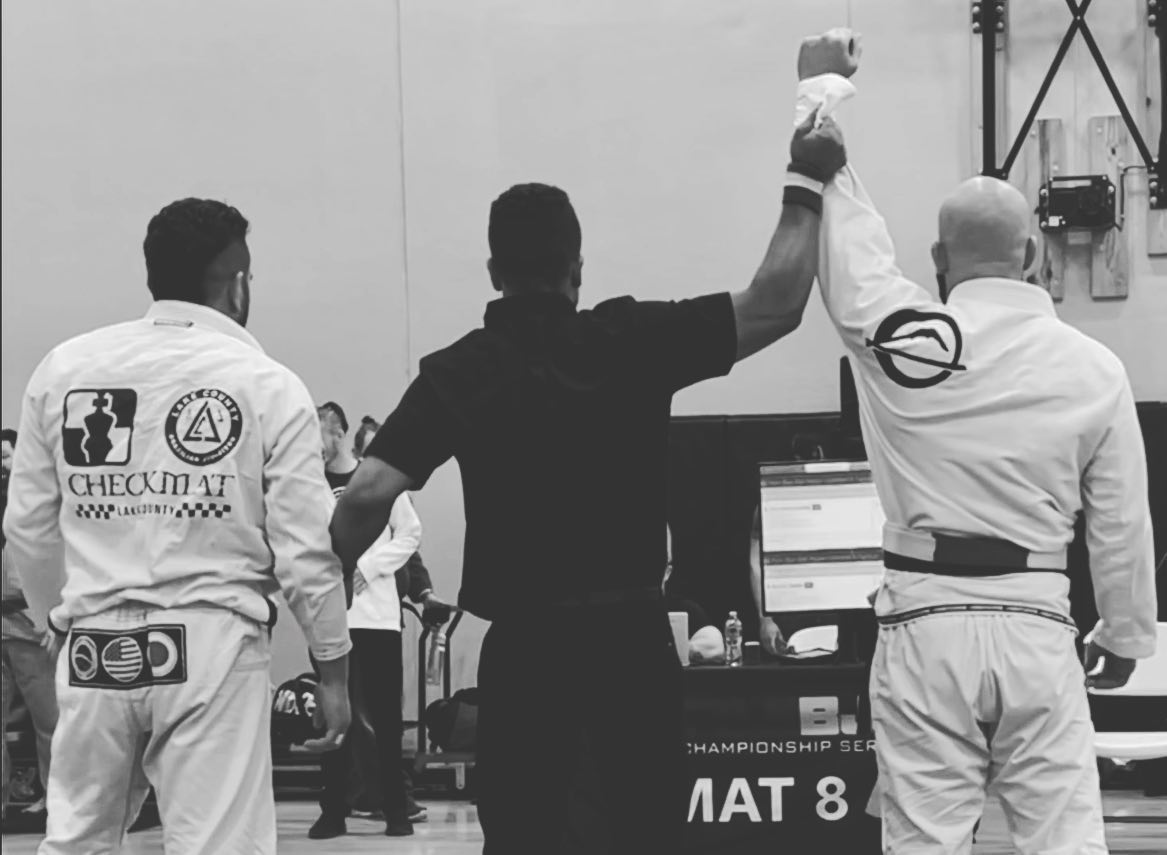Transitioning from military service to civilian life is often a challenging experience for veterans. The structured environment of the military, camaraderie, and sense of purpose can be difficult to replace once service is complete. For many veterans, Brazilian Jiu-Jitsu (BJJ) offers more than just physical activity—it provides a new mission, a sense of community, and a path to personal growth. Here are some of the unique benefits BJJ offers veterans.
1. Regaining a Sense of Camaraderie
One of the things veterans often miss most after leaving the military is the close bond they share with their fellow service members. Brazilian Jiu-Jitsu fosters a similar sense of brotherhood and teamwork. On the mats, everyone trains together, regardless of rank or background. The shared experience of learning, rolling, and improving fosters deep connections with training partners, creating a strong support network that veterans can rely on.
2. Mental Resilience and Stress Relief
BJJ challenges both the mind and body, offering veterans a way to channel stress in a healthy, productive way. The focus required to execute techniques and stay present in the moment allows veterans to temporarily set aside daily worries and anxieties. The problem-solving nature of BJJ, combined with the physical exertion, provides a mental and emotional release that can be therapeutic for veterans coping with stress, anxiety, or PTSD.
3. Physical Fitness and Mobility
Many veterans experience physical injuries or limitations after their service. BJJ is a low-impact martial art that helps veterans stay physically active without putting undue stress on their bodies. The practice improves strength, flexibility, endurance, and balance—all key aspects of physical health. Over time, the training can help veterans regain mobility and rebuild their bodies while allowing them to train at their own pace.

Professor Tony's Deployment picture on Christmas eve.
4. Discipline and Focus
Military life instills discipline and focus, and Brazilian Jiu-Jitsu reinforces these traits. The discipline required to train consistently, learn new techniques, and improve in BJJ mirrors the structure veterans are accustomed to. Veterans often find comfort in the routine and challenges BJJ provides, as it gives them a constructive outlet for their energy and drive. The art’s emphasis on mastery through repetition aligns well with the military mindset.
5. A Path to Personal Growth
Brazilian Jiu-Jitsu is not just about self-defense; it’s about self-improvement. Veterans are no strangers to adversity, and BJJ teaches perseverance in the face of challenges. Learning a new technique or overcoming a tough roll requires patience, humility, and the willingness to learn from failure—skills veterans are already well-versed in. The incremental progress made in BJJ, whether it’s earning a stripe on a belt or mastering a submission, gives veterans a renewed sense of accomplishment and personal growth.
6. Restoring Confidence and Purpose
For some veterans, leaving the service can result in a loss of identity or purpose. BJJ offers a new mission: to become better, stronger, and more capable on the mats. As veterans improve their skills, they regain confidence in themselves and their abilities. The journey of continuous self-improvement in Jiu-Jitsu can restore a sense of purpose and direction that veterans may feel is missing after their military career ends.
7. Self-Defense and Empowerment
While many veterans are trained in combat or self-defense, BJJ offers a unique skill set that focuses on leverage, technique, and control rather than brute strength. Veterans who train in BJJ gain confidence in their ability to protect themselves and others in real-world situations. This sense of empowerment can be especially valuable for veterans dealing with feelings of vulnerability or insecurity.
8. Support for Mental Health and PTSD
For veterans struggling with mental health challenges, including PTSD, Brazilian Jiu-Jitsu can serve as a therapeutic outlet. The physical activity involved in training releases endorphins, which help improve mood and alleviate feelings of depression or anxiety. The structured nature of BJJ, combined with its calming, meditative aspects (such as focusing on breathing and body control), helps veterans manage their symptoms and find peace in the moment. Many veterans have shared how BJJ has been an essential tool in their recovery, giving them a healthy way to process their emotions.
Conclusion
For veterans seeking a new mission, Brazilian Jiu-Jitsu offers a powerful way to find purpose, regain confidence, and build a community. It provides physical and mental benefits that extend far beyond the mats, helping veterans navigate the challenges of civilian life with resilience, strength, and camaraderie. Whether it’s the thrill of mastering a new technique, the satisfaction of personal growth, or the bonds forged with fellow practitioners, BJJ gives veterans a renewed sense of purpose and belonging.
At Kraken Jiu Jitsu, we are proud to offer a welcoming space for veterans to train, connect, and thrive. Many of our students, including veterans like Chris V., have found a second family here. If you’re a veteran looking for a way to stay active, find a new community, and challenge yourself in new ways, BJJ could be the perfect fit. Come train with us and discover the many benefits that Brazilian Jiu-Jitsu has to offer.

Dr. Uma (one of our instructors) with her team and one of her patients.

